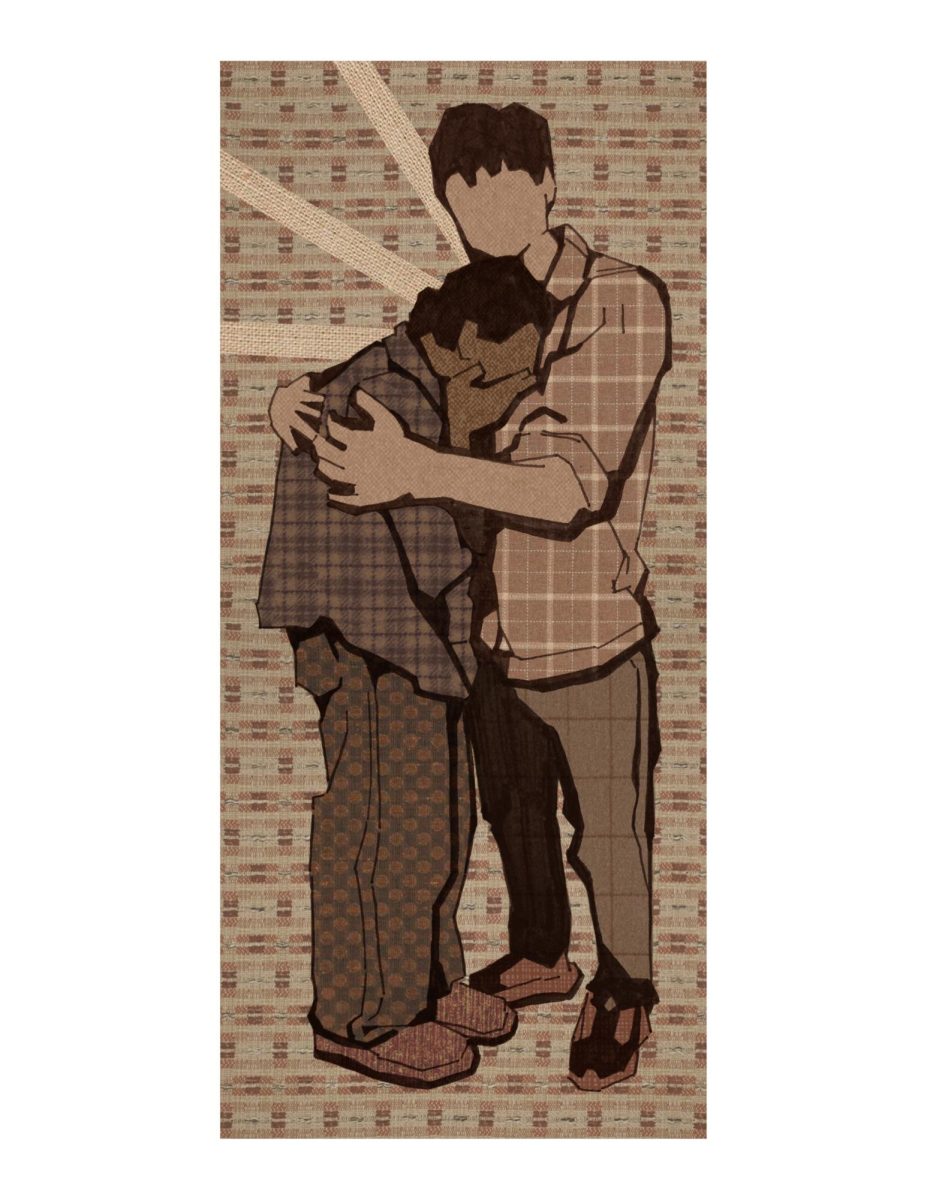
People have often mistaken me for an extrovert. I socialize with groups of people, am friendly with everyone and work well with others so people tend to get the wrong idea. Although I adore being out with friends or exploring new things, when my people time limit runs out, I need alone time.
What does it truly mean to be an introvert? It all boils down to energy.
DEFINING INTROVERTS
“The introvert gets their energy from within, while the extrovert is charged up by people, places and stimuli outside of them,” according to the website of Jennifer B. Kahnweiler, Ph.D, Certified Speaking Professional, executive coach and author. Introverts tend to recharge by being alone, giving them an opportunity to self-reflect.
Most people believe shyness is synonymous with introversion, because introverts tend to be more soft spoken or keep to themselves. The definition of an introvert describes them as preferring solitary to social activities, not having a fear of social encounters like timid people might have. Many bashful people can also be introvert but not all introverts, like myself, consider themselves shy. Introversion has nothing to with a lack of confidence.
I spent most of my high school career feeling guilty about not wanting to go out with certain people or spend time out with people at all. These people would take it personally when I turned down plans so I forced myself to socialize with others, even when I felt exhausted. Many introverts feel this guilt in our society because extroverts tend to be prized, whereas society sees introversion as a “second-class personality trait, somewhere between a disappointment and a pathology” according to Susan Cain’s Ted Talk on introversion.
LEARNING TO RESPECT DIFFERENCES
The difference between an introvert and an extrovert boils down to energy. Introverts, unlike extroverts, lose energy when being among people. Not hating social time does not make a person an extrovert, rather, gaining energy from others does.
Think of introverts as a cup filled with water. Everytime we interact with others, we give a bit of that water to the person. The more we socialize, the less water we have. No matter who we spend time with and even if we love and enjoy seeing this person, the cup will run out. Spending quiet time alone allows us to refill this cup. Extroverts, do not take it personally if your introverted friend wishes to remain indoors alone instead of taking you up on your offer to go out. Introverts, do not feel guilty if you need to recharge and tell your friends no for the night.
All of this comes down to respect. Every single person has differences in the way they communicate and love. When extroverts in your relationships, both platonic and romantic, need to go out, even when you cannot, let them. In turn, when introverts need time off, respect it. We will be happier to spend time with you again when our cup refills.



![Students show their outgoing side during Midnight Madness last year. | Tomber Su/THE CHIMES [file photo]](https://chimesnewspaper.com/wp-content/uploads/2014/10/MM_TS-0099.jpg)



